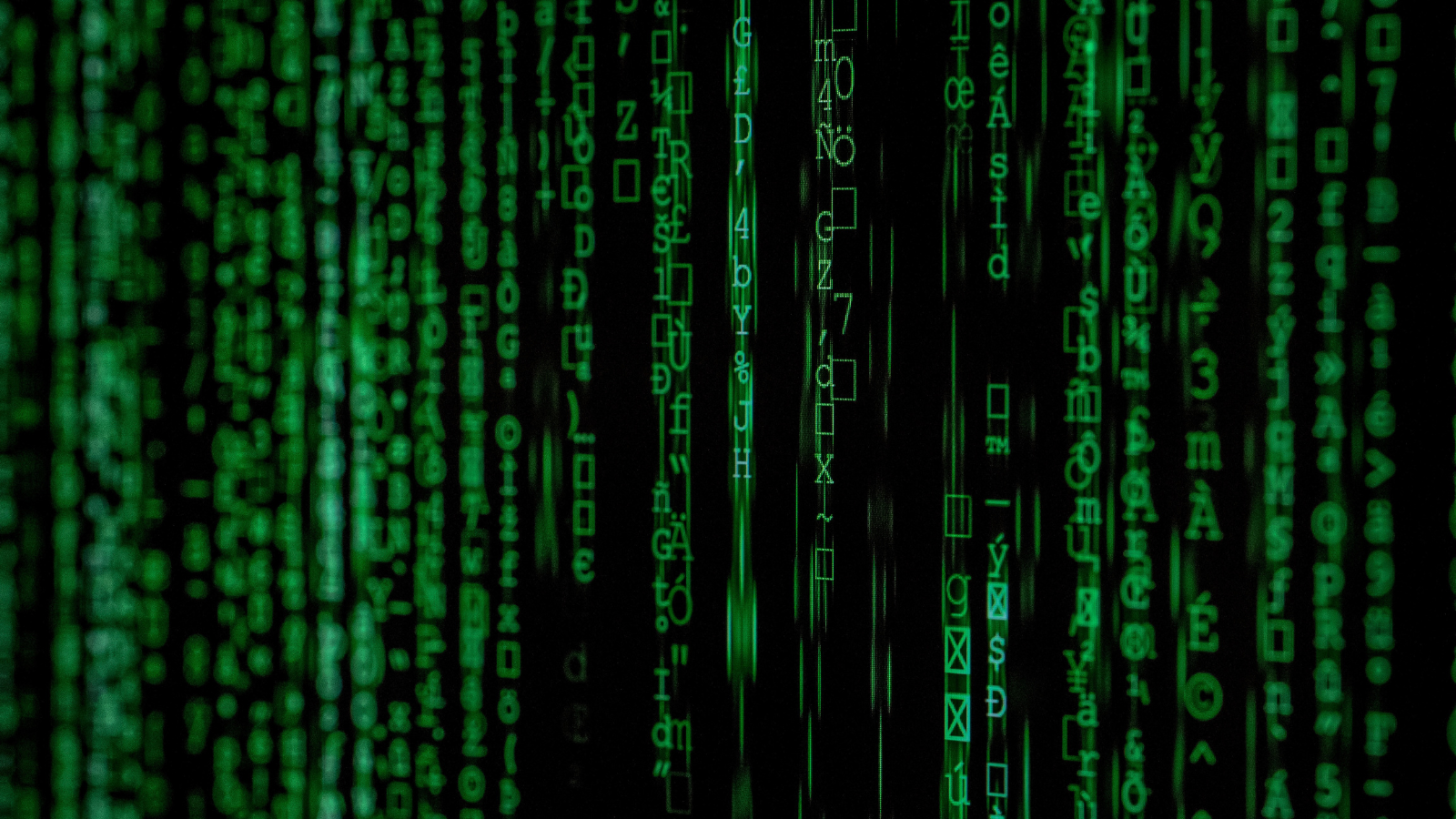State of the Environment
The complex, interrelated nature of climate change makes regional, state, and local reporting and information gathering critical to crafting effective responses. The PCG Lab’s annual State of the Environment report summarizes key climate trends and data in an easily digestible format to inform experts and non-experts alike. The Lab also hosts an annual State of the Environment Conference at Vanderbilt Law School.
The Value of State of the Environment Reports in a Polarized Era




